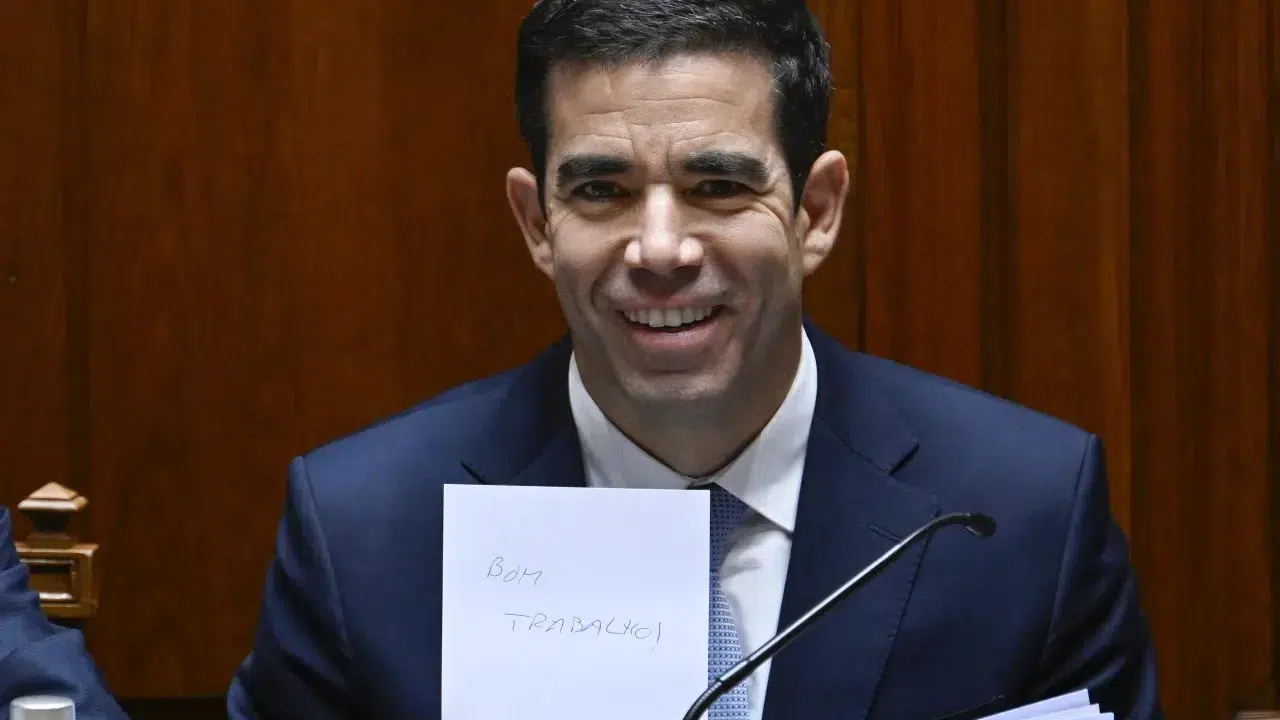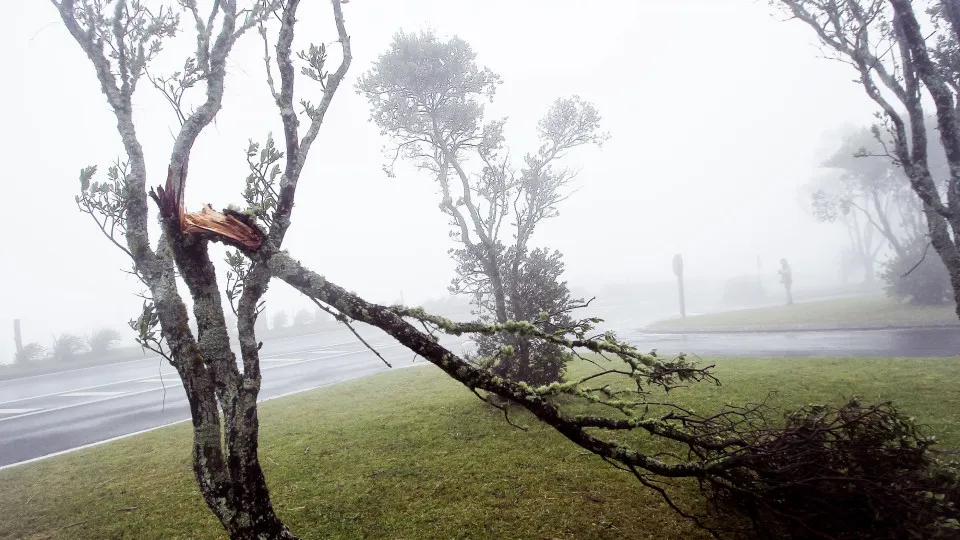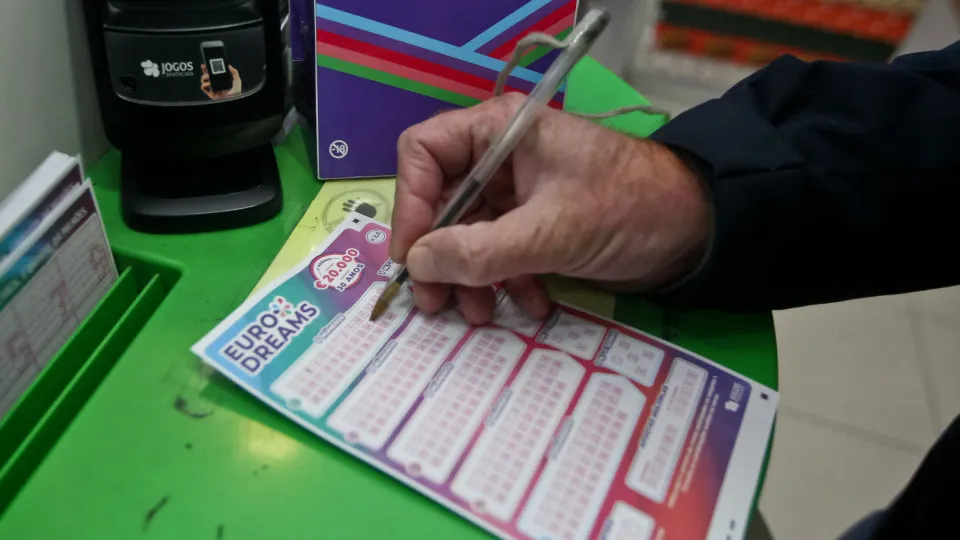
The Journalists’ Union (SJ) expressed dissatisfaction with the government’s ‘Governmental Polygraph’ initiative, arguing that it uses public funds to sideline journalists and raises ethical concerns. The SJ emphasized that the government has ample resources to convey its messages, preferably through certified intermediaries like journalists, in press conferences or through legal and regulatory channels.
Despite the union’s concerns, the minister disagreed, insisting that the government is not attempting to replace journalists as they are the only legally qualified fact-checkers. The SJ fears this move may further shift public discourse onto social media, undermining traditional media and democracy.
The SJ also criticized the unclear sourcing in the polygraph initiative, warning it might suggest journalistic failures. They expressed concern over the phrase “trust only official information,” seeing it as both criticism of journalism and potential government propaganda disguised as verified information.
The minister affirmed the government’s strategy to support media sustainability and confirmed that the Action Plan for Social Communication (PACS) is ongoing with various measures being enacted.
The SJ criticized PACS as insufficient, particularly in supporting journalists, and pledged to submit further proposals.
Regarding a youth subscription program, the SJ stressed its continuation is crucial as one of the few effectively implemented measures and called for a national promotion campaign.
The SJ urged the minister to act on the unreleased initiative to subsidize newspaper and magazine purchases by 50%, which could complement the youth program.
The union reiterated the importance of public service media as a quality guarantor, advocating for financially stable Lusa agency and RTP broadcaster, urging government support.
Highlighting the challenges in enhancing journalism quality without financial boosts, the SJ suggested revising the audiovisual contribution (CAV), which is the lowest in Europe, opposing the end of RTP advertising without such reinforcements.
The minister rejected CAV increases, citing a gradual advertising reduction as part of the strategic plan but acknowledged RTP’s strategic importance.
The minister indicated plans for public consultation of the Media Code by 2025’s end, with the union pledging active involvement and recognizing the need to update legislation, especially in digital journalism, to ensure the Journalists’ Professional License Commission (CCPJ) is chaired by a journalist.
The SJ also conveyed concern over the Trust in News (TiN) situation to the minister.




